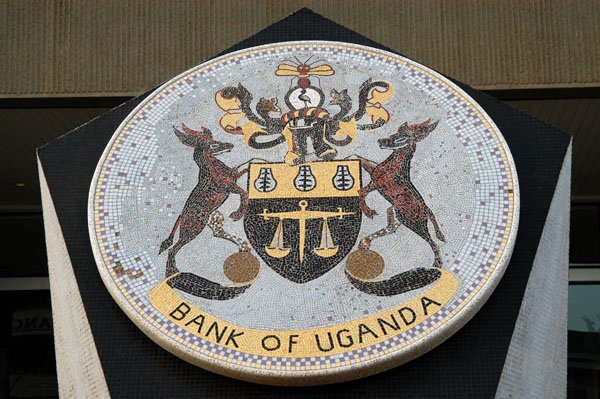The Block-chain and Crypto-currency Technology Has Divided Central Banks Around the World into Hawks and Doves
The Concerns of the Governor of the Central Bank of Uganda Mr Mutebile is that:
Bit-coin’s success has accidentally undermined its viability. Each Bit-coin transaction adds more encrypted data to the block-chain, requiring increasingly more computer power to verify (and to earn the associated commission). More computing power means more energy cost to run and cool the machines, which requires more capital and physical infrastructure to support. Those rising costs inspire centralization. Adam Greenfield once made it known to us that two Chinese giants can control over half of the global Bit-coin mining operations. If they collaborate, a majority-control of the block-chain could allow them to manipulate it. That’s precisely the risk a decentralized currency was meant to avoid.
He also made mention that, the banks have concerns like:
- Will crypto-currencies usurp their role as monopoly suppliers of money?
- Are there serious implications for financial stability if central banks lose control of the levers which influence purchasing power in the economy?
Interestingly, a number of different answers to these questions and concerns are emerging, and central banks are dividing into hawks and doves.
Hawks
At the hawkish end of the spectrum sit the Chinese. A few years ago, The People’s Bank of China shut bit-coin exchanges and clamped down on initial coin offerings. Using a turn of phrase too vivid for western central bankers, Pan Gongsheng, a PBOC deputy governor, said:
“As Keynes has taught us, ‘the market can remain irrational longer than you can remain solvent’. There is only one thing left to do: sit on the river bank and see bit-coin’s body pass by one day.”
Vietnam has introduced a ban on Bit-coin and other virtual crypto-currencies, echoing a similar move made by China. The country's state bank issued a formal statement prohibiting the use of virtual currencies to pay for goods and services. The punishment for offering and accepting payments in Bit-coin can run to over £6,000. The bank doesn't expressly say why it is banning the use of Bit-coin but rather highlights regular forms of payment: cheques, credit cards, etc as acceptable.
In it words it the bank explains that:
“Bit-coin virtual currency and other similar is not lawful means of payment in Vietnam; the issuance, supply, use of bit-coin and other similar virtual currency as a means of payment is prohibited in Vietnam,”
According to the Financial Times, even British banks are starting to shun companies that deal in Bit-coin.
Russia, unsurprisingly, takes a similar view. Elvira Nabiullina, The Governor of Russia’s Central Bank, declared that:
“We don’t legalize pyramid schemes and we are totally opposed to private money, no matter if it is in physical or virtual form”.
Ed Pownall from Coingeek said:
“A concept as disruptive to the banking sector status quo as Bit-coin has translated into considerable resistance to its very existence, and therefore, we know that many have an agenda to kill it at birth."
Doves
The doves are numerous, however. The same hype driving crypto-currency speculation has also attracted banks, governments, and corporations—exactly the authorities it was designed to circumvent. Financial services firms have taken an interest in crypto-currency.
The Bank of Canada has noted that the distributed-ledger technology underpinning bit-coin could make the financial system more efficient, and it is examining whether it should at some appropriate point issue its own digital currency for retail transactions.
The Bank of England is similarly intrigued by the possibilities, dismissing concerns that digital currencies pose a risk to financial stability, and noting that the underlying technology “may have many other uses across the financial system, and may be a useful platform to power a central bank digital currency”. Both banks are actively researching the subject, and their views might best be described as Maoist, in the “let a hundred flowers bloom” sense.
If you like this post, Kindly upvote comment and resteem!
Yours Faithfully,
@joejoesky

